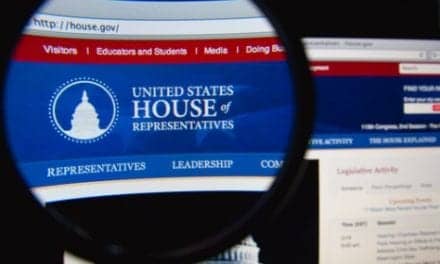Washington, DC — In an attempt to update its 1996 recommendations, the US Preventive Services Task Force (USPTF) has reviewed evidence whether screening adults over 50 for hearing loss improves outcomes. Results indicated further study was needed.
It’s been 15 years since USPTF reviewed evidence on screening for hearing loss in primary care settings in adults aged 50 years or older. The 1996 report recommended screening adults, aged 50 or older, in primary care settings for hearing loss.
The latest review, published in the February 28, 2011 issue of Annals of Internal Medicine by Chou, et al, was initiated to possibly revise the 1996 recommendations.
Chou and colleagues reviewed randomized trials, controlled observational studies, and studies on diagnostic accuracy and the evidence on benefits and harms of screening for and treatments of hearing loss.
The largest trial, with 2,305 participants, found that screening for hearing loss was associated with increased hearing aid use at 1 year, but that screening was not associated with improvements in hearing-related function.
Another randomized trial that was reviewed found that immediate hearing aids were effective compared with wait-list control in improving hearing-related quality of life in patients with mild or moderate hearing loss and severe hearing-related handicap.
The researchers found no evidence that screening for hearing loss had any negative health effects. Furthermore, they found no studies that showed that hearing aid use might lead to further hearing loss due to increased amplification.
Nevertheless, the USPTF has made no modifications to its recommendations based on this review. The researchers concluded, “Additional research is needed to understand the effects of screening for hearing loss compared with no screening on health outcomes and to confirm benefits of treatment under conditions likely to be encountered in most primary care settings.”
SOURCE: Annals of Internal Medicine and USPTF




